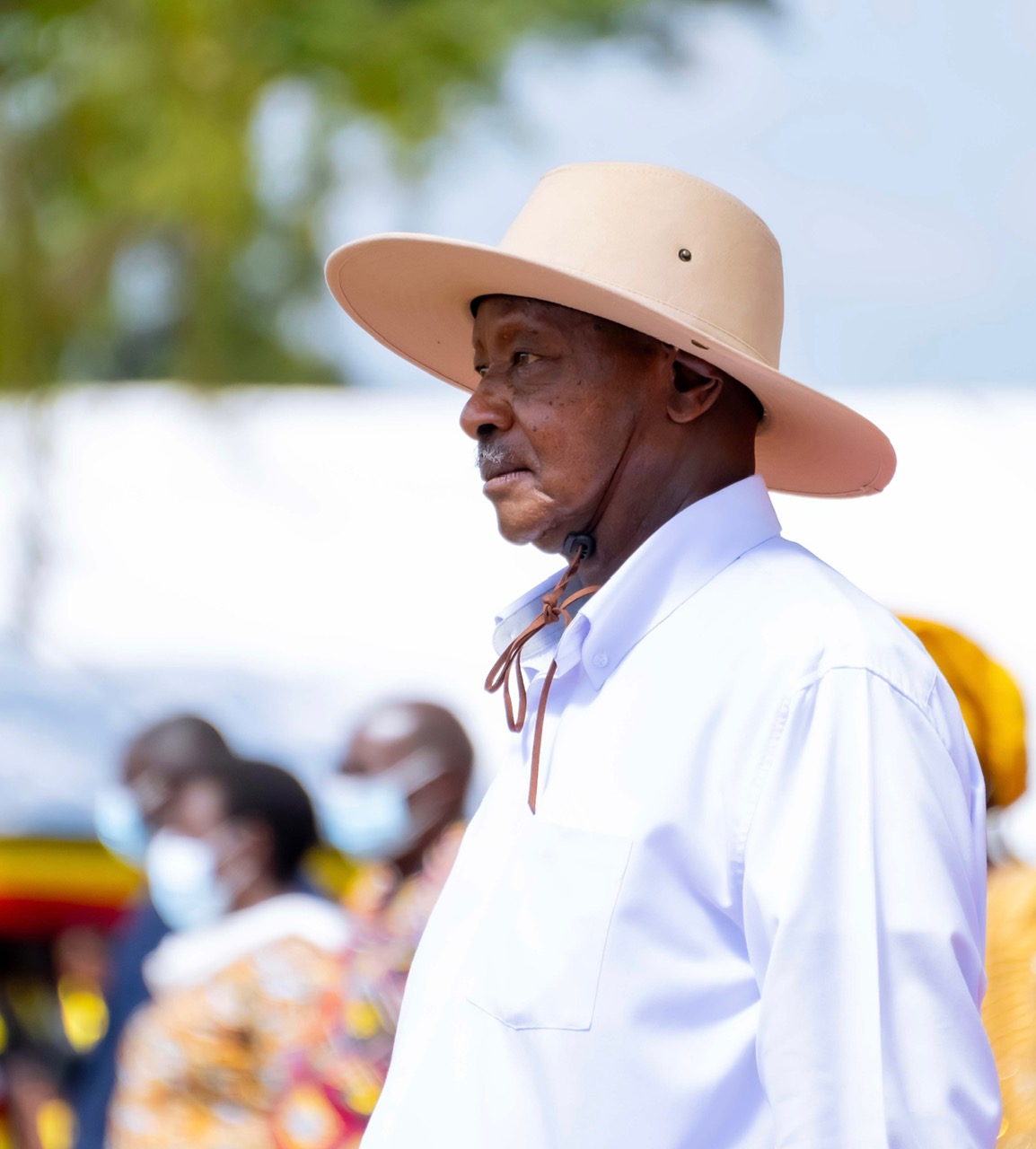UgandaAt62: A celebration of economic strides, persistent challenges
President Yoweri Museveni, in his address, emphasized the strides Uganda has made in improving the living standards of its citizens. Reflecting on the journey from 1962, Museveni highlighted the growth of the economy, noting that 67 percent of Ugandan households are now engaged in the money economy—a significant jump from the 9 percent recorded at independence.

On Uganda’s 62nd Independence Day, thousands of citizens gathered at Busikhu Teachers College playground in Masafu Town Council, Busia District.
The occasion was not just a commemoration of Uganda’s journey since 1962, but a reflection on its socio-economic progress and future aspirations. Amidst traditional dances, speeches, and honors, the event symbolized the nation’s resilience and evolving identity.
President Yoweri Museveni, in his address, emphasized the strides Uganda has made in improving the living standards of its citizens. Reflecting on the journey from 1962, Museveni highlighted the growth of the economy, noting that 67 percent of Ugandan households are now engaged in the money economy—a significant jump from the 9 percent recorded at independence.
He attributed this progress to various government initiatives aimed at empowering communities and increasing productivity.
However, while celebrating these achievements, Museveni underscored the persistent challenges. He pointed out that despite economic growth, a section of the population remains trapped in poverty.
To address this, he reiterated his call for Ugandans to transition from subsistence to commercial farming. According to Museveni, commercial farming will not only increase productivity but also help reduce poverty by providing families with surplus produce to sell and invest.
“Subsistence farming keeps us at the same level of poverty. We must adopt commercial farming and add value to our produce if we are to lift more Ugandans out of poverty,” Museveni stressed.
Industrialization and infrastructure development
A significant part of Uganda’s future economic plans involves industrialization and infrastructure development, key sectors Museveni focused on during his speech. He revealed that the government is intensifying efforts to improve textile processing as part of a broader push for industrialization, especially in value addition. The president believes that through improved production processes and quality, Uganda can become more competitive in the global market.
In line with these goals, Museveni announced the nearing completion of the Standard Gauge Railway (SGR), which will connect Malaba-Busia through Tororo to Kasese. This project aims to reduce transport costs and enhance trade within the East African region. According to Museveni, a robust transport infrastructure is critical to attracting more businesses and fostering regional economic integration.
Further, Museveni touched on Uganda’s regional partnerships with countries like the Democratic Republic of Congo and South Sudan to enhance road infrastructure and trade routes. He noted that these collaborations are pivotal to unlocking the region’s economic potential, fostering interconnectivity, and improving trade conditions.
Recognizing leadership and excellence
One of the day’s highlights was the recognition of individuals who have made significant contributions to Uganda’s development. President Faustin-Archange Touadéra of the Central African Republic was in attendance and expressed admiration for Museveni’s leadership, acknowledging Uganda’s transformation in multiple sectors under his tenure.
The presence of international dignitaries from Kenya, South Sudan, and other countries underscored Uganda’s growing influence and partnerships within the region.
A total of 40 individuals were honored with medals for their outstanding achievements in various fields. Among the honorees was Pareshkumar Mehta, a community coordinator with the Indian Association of Uganda, who was recognized for providing specialized healthcare to the underprivileged. Alhajji Jamal Basaalirwa, a Commissioner of Police in charge of protocol, was also awarded for his dedication and selflessness in executing his duties.
Political tensions and calls for unity
While the celebrations highlighted Uganda’s progress, political tensions simmered beneath the surface. Emmanuel Lumala Dombo, Director of Information and Publicity at the NRM Secretariat, took the opportunity to challenge the opposition’s decision to boycott the celebrations.
ALSO READ: Ugandans speak out on unresolved national issues
Dombo criticized opposition leaders, accusing them of misleading Ugandans, especially when their parties receive government funding. He argued that all political actors should participate in national events like Independence Day to foster unity and demonstrate a shared commitment to the country’s progress.
Looking ahead
As Uganda marked its 62nd year of independence, the celebrations were both a moment of pride and introspection. While much has been achieved, the nation faces challenges, particularly in bridging the gap between economic growth and poverty reduction.
The government’s push for industrialization, infrastructure development, and regional integration offers a roadmap to addressing these issues. However, the path ahead will require collective action, unity, and sustained effort from all sectors of society.
The celebrations in Busia served as a reminder that Uganda’s independence journey is still ongoing—defined by progress, challenges, and the promise of a brighter future for all its citizens.







